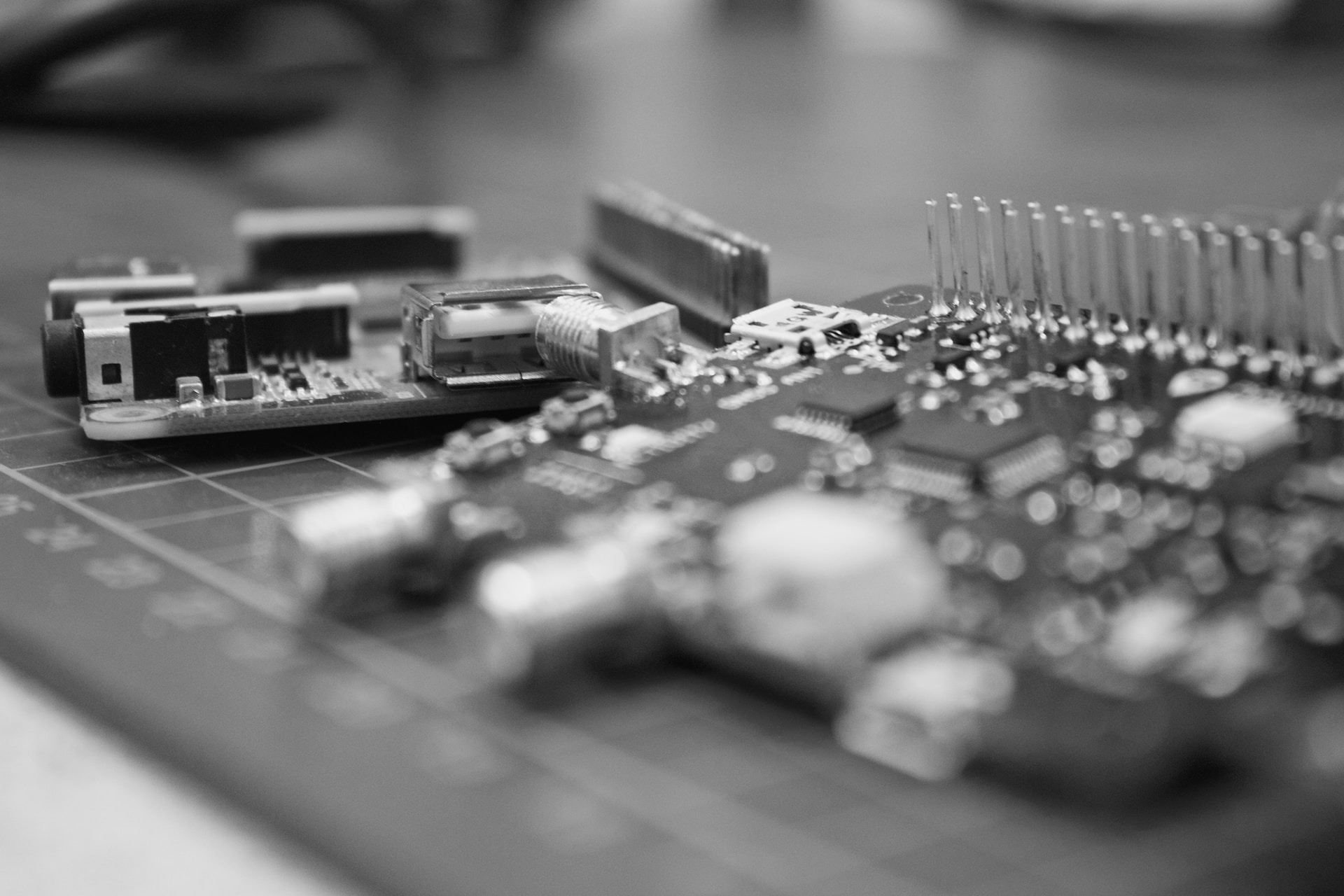
The world of Printed Circuit Board (PCB) assembly and manufacturing is constantly evolving, driven by technological advancements and the demand for smaller, more powerful, and versatile electronic devices. Anticipating future trends is crucial for staying ahead in this dynamic industry.
The trend of miniaturization in PCB assembly is set to continue, pushing the boundaries even further. Future designs will explore nanotechnology, allowing for ultra-miniaturization, enabling devices that are not only smaller but also more efficient and capable of higher performance.
The integration of Artificial Intelligence (AI) and Machine Learning (ML) in PCB assembly processes will revolutionize the industry. AI-driven predictive maintenance, intelligent process control, and optimization of assembly lines will enhance efficiency, accuracy, and yield rates.
The future of PCB assembly will witness a surge in flexible and wearable electronics. Flexible PCBs, combined with advancements in stretchable substrates and materials, will lead to the development of wearable devices with seamless integration into clothing and accessories.
The advent of 5G technology will drive the demand for PCBs optimized for high-speed data transmission. IoT devices will become more ubiquitous, requiring PCBs with enhanced capabilities in connectivity, power efficiency, and compactness.
Additive manufacturing and 3D printing will play an increasingly significant role in PCB assembly. These technologies will enable rapid prototyping, customized designs, and the creation of complex, multi-layered PCBs with novel structures and functionalities.
Sustainability will remain a focal point in PCB assembly. Manufacturers will continue to emphasize eco-friendly materials, lead-free processes, efficient waste management, and energy-saving practices to reduce the environmental footprint of electronics manufacturing.
The evolution towards smart factories, employing interconnected systems, IoT devices, and data analytics, will transform the landscape of PCB assembly. Industry 4.0 principles will drive automation, real-time monitoring, and predictive maintenance for enhanced productivity and quality control.
The future of PCB assembly and manufacturing is poised for remarkable transformations. From ultra-miniaturization to AI integration, flexible electronics, and sustainability initiatives, the industry is on a trajectory of innovation. Embracing these trends will not only shape the future of electronics but also redefine how we interact with technology in a connected world.